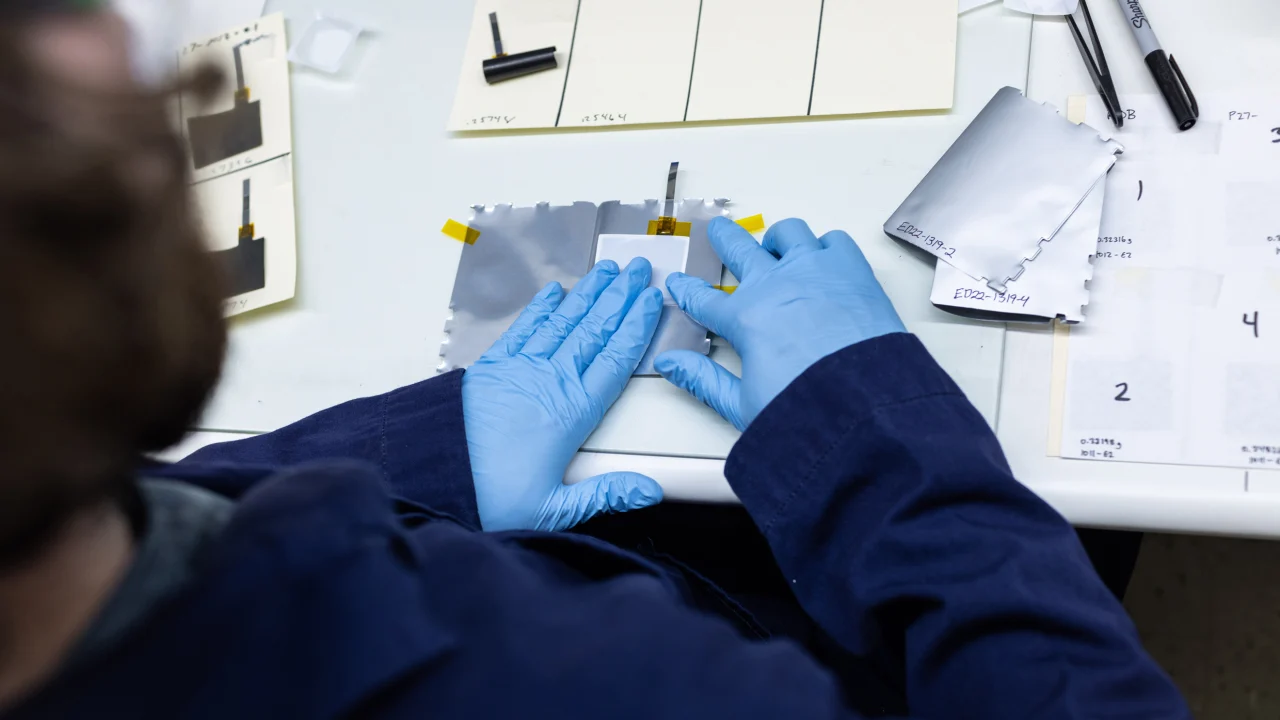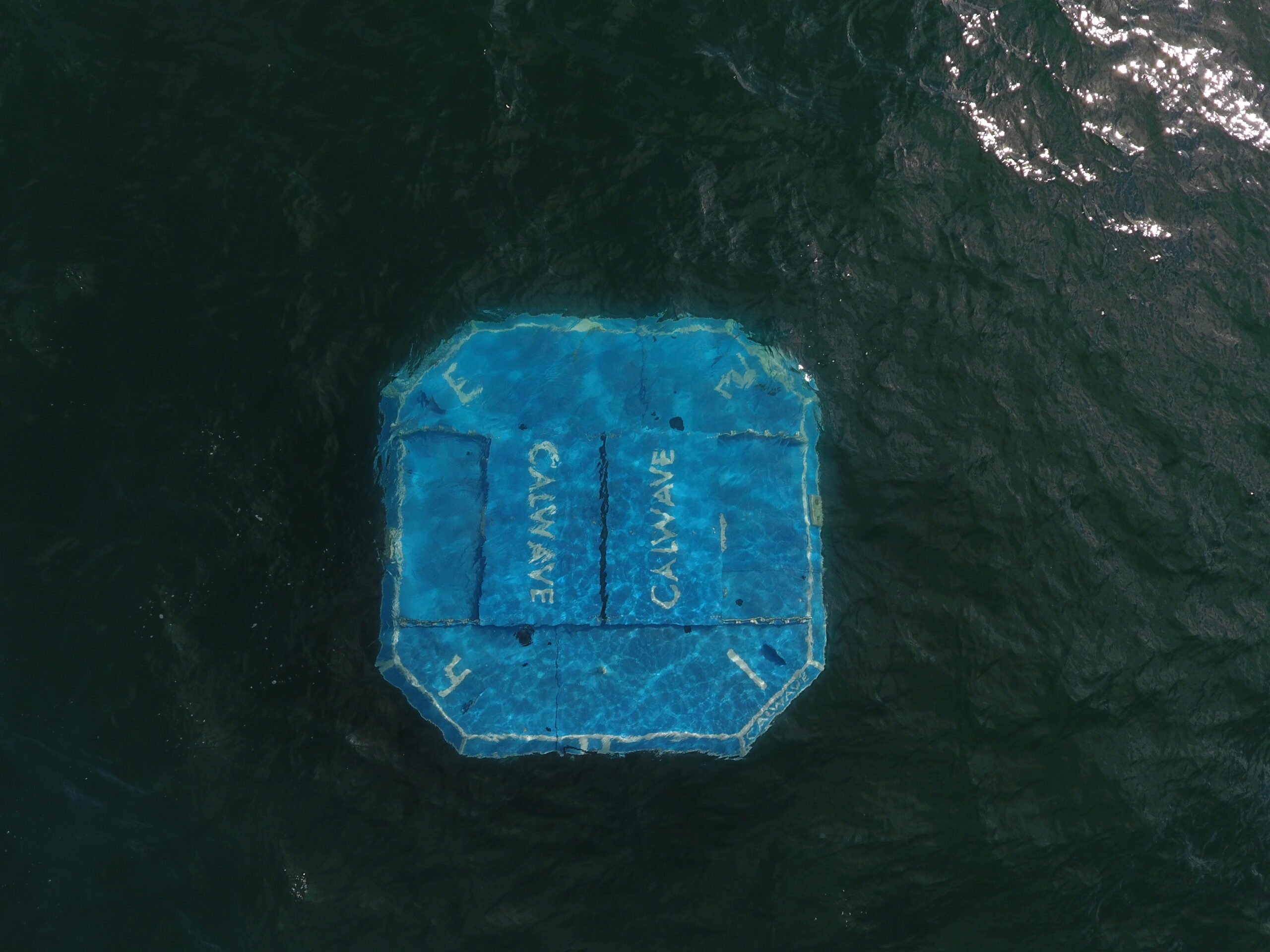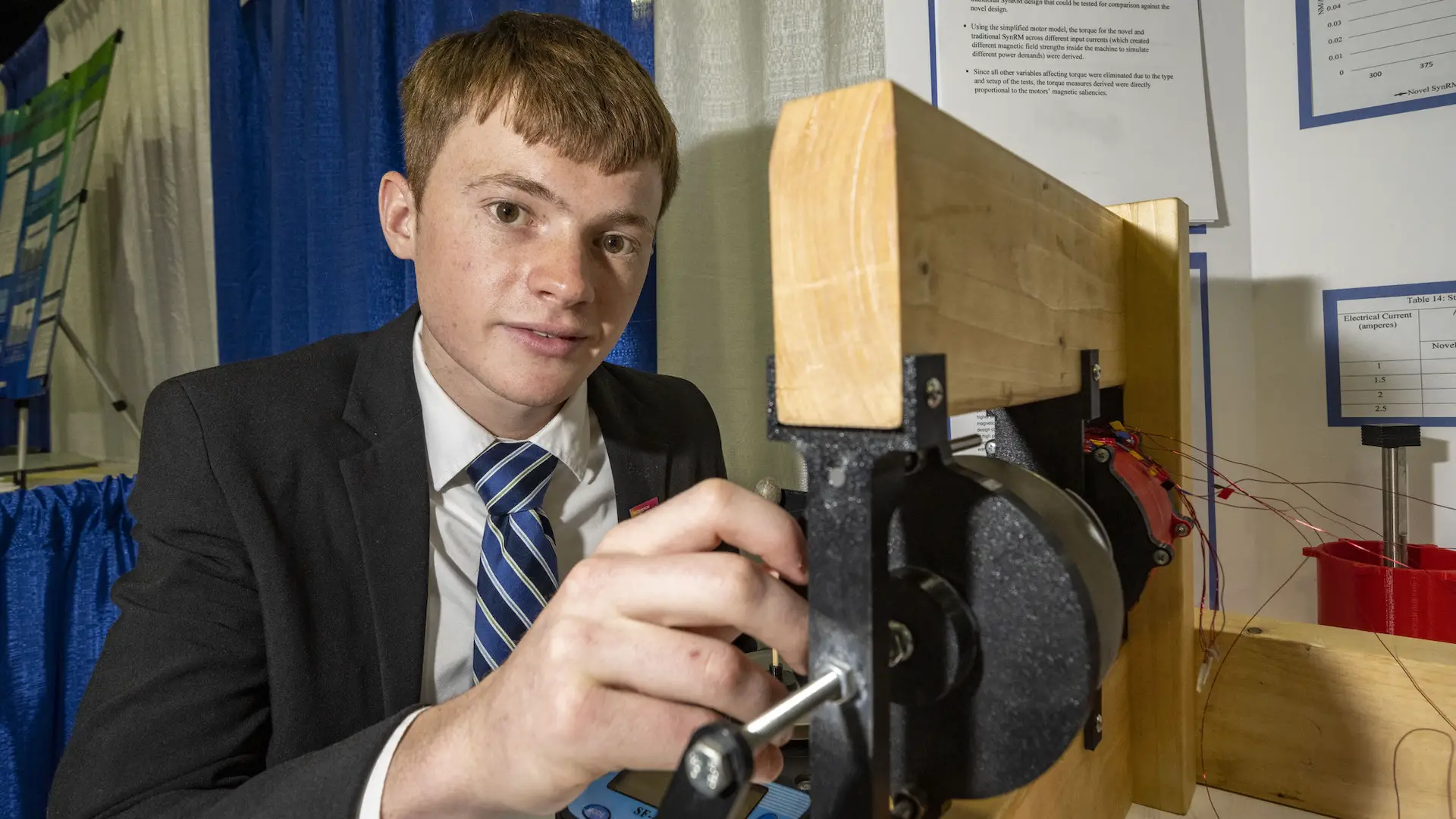Alsym Energy, a startup company in the Boston area, has made a rechargeable battery that could work as well as lithium-ion batteries but costs a lot less.
The first report from Fast Company says that the new battery is water-based and uses inexpensive, easy-to-find materials like manganese and metal oxide.
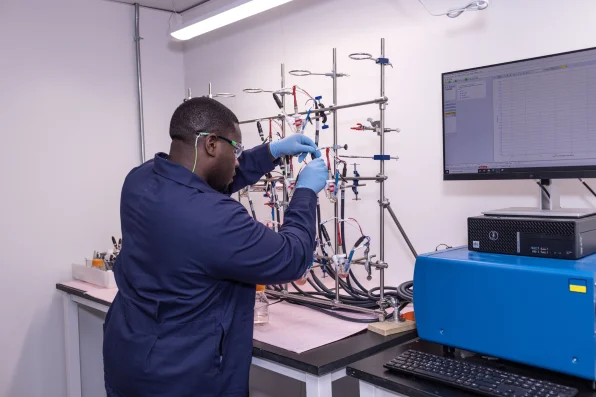
This means it doesn’t have some of the biggest problems with current batteries, like the risk of fire from lithium-ion batteries and the damage that mining does to the environment. The new battery is made with non-toxic materials, which makes it easier to recycle, which is always a plus.
Alsym Energy wants Non-lithium options to be safer, cheaper, and less powerful, but they can be used for long-term utility-scale storage. But because these technologies are big and bulky, they can’t be used in cars or on boats. Alsym Energy is the only company with a high-performance product that is cheap, doesn’t burn, and doesn’t harm people.
The ideology of Alsym Energy
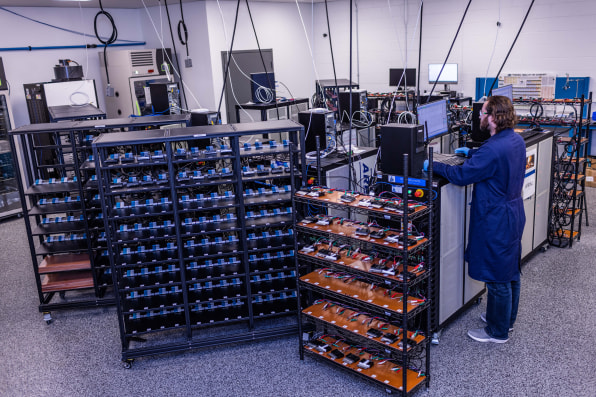
Currently, many car companies are making luxury electric vehicles (EVs) Tesla. Alsym, on the other hand, wants to help automakers make cheaper cars. Its first partner is an automaker in India.
Chatter says that everyone needs to do their part to stop climate change. “It can’t be that only 1% of people buy expensive luxury electric vehicles.” The batteries are also cheap enough to store solar power for people in developing countries without electricity.
Advantages of Rechargeable battery
Since these batteries don’t catch fire as lithium does, the design saves money because it doesn’t need extra protection to keep fires from happening. It also means that the batteries can be used for other things, such as in shipping, where fire risks are taken very seriously.
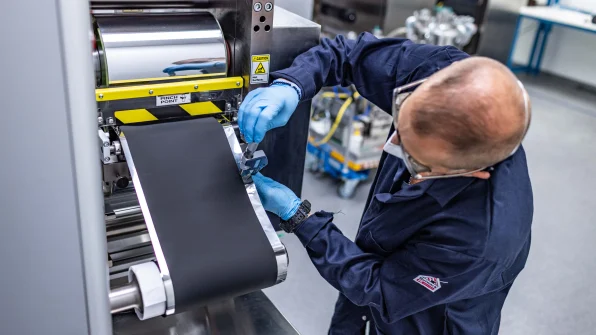
(Cargo ships couldn’t run on batteries alone but could use them with sails and other technologies.) As the Earth gets hotter, the risk of fire is getting worse. People are talking about recent fires and explosions in India caused by faulty batteries that may have been made worse by record heat waves.
Many people in India now say they are afraid to buy an electric vehicle because of what happened. This could stop the growth of EVs in India.
Shortcomings of Lithium Battery
When lithium metal electrodes are used, the batteries have a higher energy density than the batteries that have been used for a long time. Still, Lithium metal electrodes can sometimes grow dendrites, which look like fingers and are what cause the battery to short-circuit in the end.
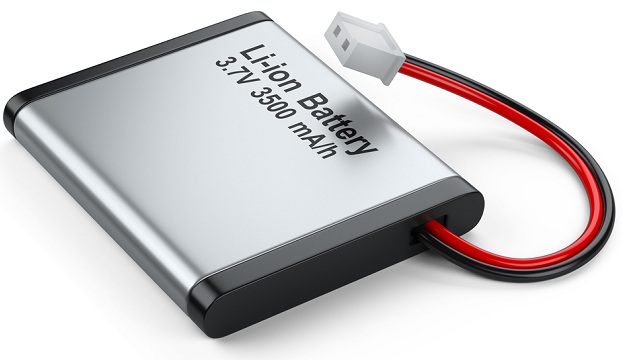
Instead of a lithium metal electrode, a carbon electrode with lithium ions was used to solve the problem. This led to the creation of lithium-ion batteries, even though they could hold less energy than batteries that use Lithium metal electrodes.
Lithium-ion batteries can easily catch fire or explode if they are damaged. This is another problem that has come up a lot. Both cell phones and laptops have had this happen.
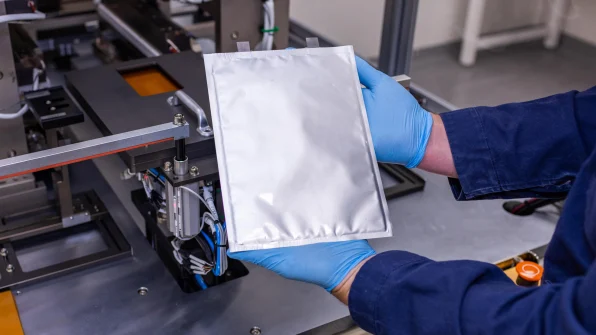
If one of these batteries gets broken, the energy inside will be released quickly and for a short time. This is exactly what can start a big fire.
Future of The Company
A mechanical engineering professor at MIT, Kripa Varanasi, has spent five years working with the startup to develop the design. Because he hadn’t focused on batteries in the past, he looked at the technology from a new perspective. “We started exploring other chemistries,” he says. “If you learn about batteries, you’re automatically going in the lithium direction. But we were looking at different metrics: It has to be abundant. It has to be low cost. It has to be easily recyclable. It has to [avoid] the supply chain challenges.”
Because the company is in the process of getting patents, it declined to share all the details of how the technology works. But the battery is water-based and uses other cheap, readily available materials like manganese and metal oxide.
It doesn’t use cobalt, a key material in lithium batteries that is both expensive and the cause of environmental and health problems in the supply chain. It doesn’t use lithium, which poses other challenges in mining and has been surging in cost, and is likely to push up the cost of other batteries. But the new design works well, the team says. “As the company started testing the new technology, “we started seeing the lithium-like performance,” Varanasi says.
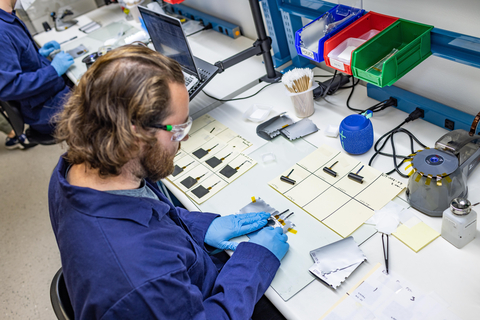
If everything goes as planned, Alsym Energy will start beta testing with its first customers in early 2023, and high-volume production could start as early as 2025. The new battery design is sure to make waves worldwide, but the company’s first goal is to make it affordable in places with low incomes.
The new company also wants to make batteries to store energy, and it wants to reach the hundreds of millions worldwide who still don’t have access to electricity. Chatter says, “You could connect it to a solar panel and store the energy to run a fan, a couple of light bulbs, an internet connection, and a small refrigerator.” “That makes a difference.”

